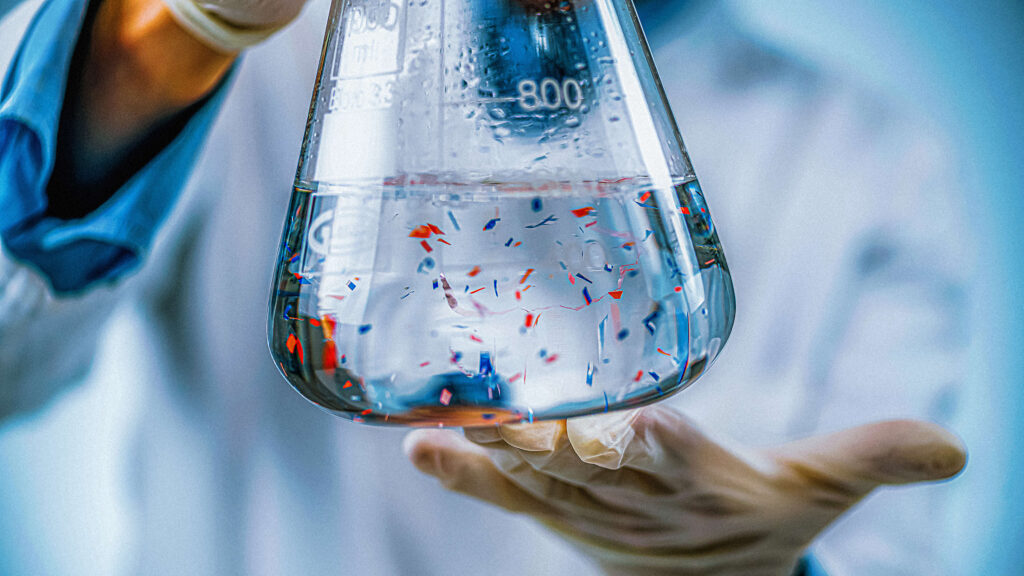Stem cell treatment is a new way forward for those dealing with chronic and persistent issues. Some chronic pain conditions, after all, can only be managed effectively with pain killers. Regular pain medication use, however, causes a tolerance build-up, and even addiction.
For those suffering from chronic pain there doesn’t feel like any good options – until you get into the world of regenerative medicine.
Stem cell research has touched on many big, exciting treatment options. There are instances where vision is returned, Type 1 diabetes is treated, and more. It may seem too good to be true, which is why it’s natural to start considering the cost of such a treatment. Are there ethical issues in using stem cells? What are the setbacks? This guide gives you the answers, and more:
What are Stem Cells
Before we get into potential ethical dilemmas, it’s first important to understand what are stem cells, exactly, and how they factor into symptom management.
Stem cells are master cells. They contain the blueprints and materials necessary to become a different type of cell as needed. They are there to help replace damaged or diseased cells with new ones.
In short, they’re essential.
We do produce stem cells naturally. They divide into other stem cells just as any cell can divide. The issue is that some conditions require too many stem cells to properly treat, to the point where their need exceeds our body’s ability to deal with it.
The theory behind stem cell regenerative medicine is that increasing your stem cell count by injecting the body with external stem cells will give it the resources it needs to finally tackle the problem at hand.
What are stem cell injections? These injections are stem cells that have been extracted from donor tissue. In some cases, they may be extracted from your own cells, or those of close relatives. In the case of stem cell therapy at private clinics, however, they are derived from donor tissue.
So long as your body accepts the new cells instead of destroying them, stem cell therapy can help with:
- Reducing inflammation
- Managing arthritis
- Healing spinal damage
- Recovering from wounds
- And more
There are absolutely no ethical issues with using your own stem cells for treatment, or those from willing family members, since these are all adult cells.
Are There Ethical Issues in Using Stem Cells?
Ethical concerns come from the use of embryonic stem cells. Adult cells can be taken from donor tissue without harming the person in question. The only time the adult may even feel pain is during a bone marrow transplant, but this will heal.
Here at Bioxcellerator we only use adult cells from donated umbilical cords. We do this because those cells are less likely to be targeted by a recipient’s immune system and destroyed.
In this case, our stem cell treatments help avoid ethical issues in two ways. One, by only using donated tissue (and from a source that is otherwise thrown away), and two, by using stem cells that are more likely to succeed in helping you with condition management, avoiding waste.
What’s the Issue with the Embryonic Stem Cell?
Embryonic stem cells are taken from embryos. Embryos use those stem cells to develop into a full-fledged person, even if they themselves are nothing more than a few cells. The problem is that the embryo in question needs to be destroyed to acquire the embryonic stem cells.
Now, no viable embryo is being used for the purpose of stem cell therapy. Scientists have never gone into a womb to extract the stem cells from an embryo.
Instead, they are sourced from donated IVF samples.
These IVF samples are fertilized eggs. If the couple that owns them has been successful with their treatments and now has the number of children they wanted, they may decide to donate the unused fertilized eggs to science instead of throwing them away.
In the United States, only donated samples from before 2001 are used. In other countries, samples up to today may be used. All countries with robust stem cell research, however, follow very strict parameters to ensure that only artificially inseminated samples are ever used, and that the practice of creating samples for the use of stem cell research is prohibited.
Why the Interest in Embryonic Cells?
The reason why there isn’t a global-wide ban on embryonic cells is because of their potential. Adult cells are multipotent. This means that any stem cell in the adult’s body can only become a limited number of cells. If you have nerve damage, for example, stem cells from bone marrow won’t be of much use, since they cannot become nerve cells.
Embryonic cells are pluripotent. Pluripotent stem cells can become any of the 200+ cells in the body. This means that one round of pluripotent stem cells can be used anywhere in the body to help with your condition.
The good news is that there is an ethical middle ground. Steps have been made to create an induced pluripotent stem cell. This is an adult cell that has been reverted back into its embryonic state through the use of genetic programming.
The issue is its cost. The stem cell therapy cost is already high for traditional treatments, but it’s easily more than 10x more expensive for induced pluripotent cells. As time goes on, however, the cost will hopefully decrease and become more widely available.
Interested in Stem Cell Therapy?
You can rest easy knowing that the stem cell therapy you can get today is from adult cells only, and therefore comes with no ethical concerns. If you have any other questions, then we are more than happy to answer them. Have a look at the locations we cover, and book an appointment if you’re in the area. Otherwise, look at our blog to see if we’ve already answered your question in full.
Stem cell treatment is largely covered out of your own pocket, so it’s very important that you ask questions and get all your answers before making the decision to get this treatment, or not. If you do decide it’s right for you, our team will be happy to lead you through the entire process.


